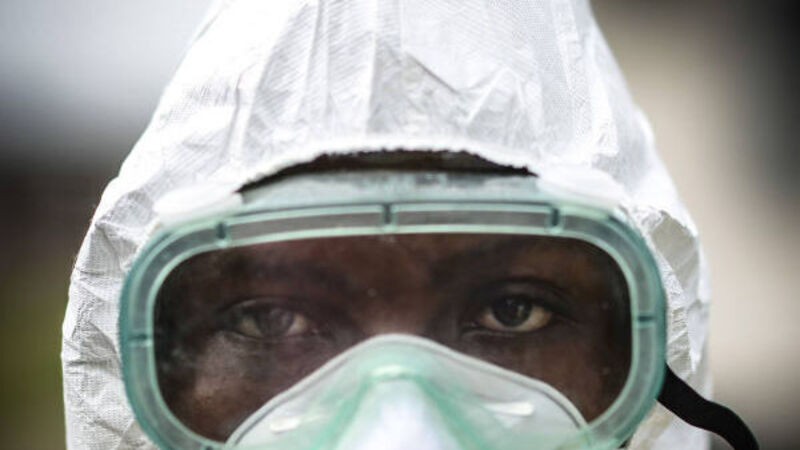CONTAGION: On the frontline of the Ebola crisis

His grandmother, tall matriarch of the Warwein community in Liberia’s capital city, has more pressing concerns. “Yes, we are scared,” she says. “But we thank God Ebola is not in central Monrovia.”
On December 6, 2013, in a far away town called Guéckédou in southeastern Guinea, a small unnamed boy just a little younger than Gayvlor died a painful death. He was patient zero. Four months would pass before Ebola hemorrhagic fever was diagnosed. By March, dozens of people had died of the virus across Guinea, and cases were springing up across porous borders with Sierra Leone and Liberia. By the end of the month, frontline medical charity Medecins sans Frontieres, was already calling the outbreak “unprecedented”. On August 8, with almost 1,000 confirmed deaths, the World Health Organization (WHO) declared the epidemic a global health emergency, only the third of its 66-year history. Liberia, this little west-facing African country barely the size of Portugal, finds itself on the front pages of Western media for the first time since its brutal civil wars ended in 2003.











